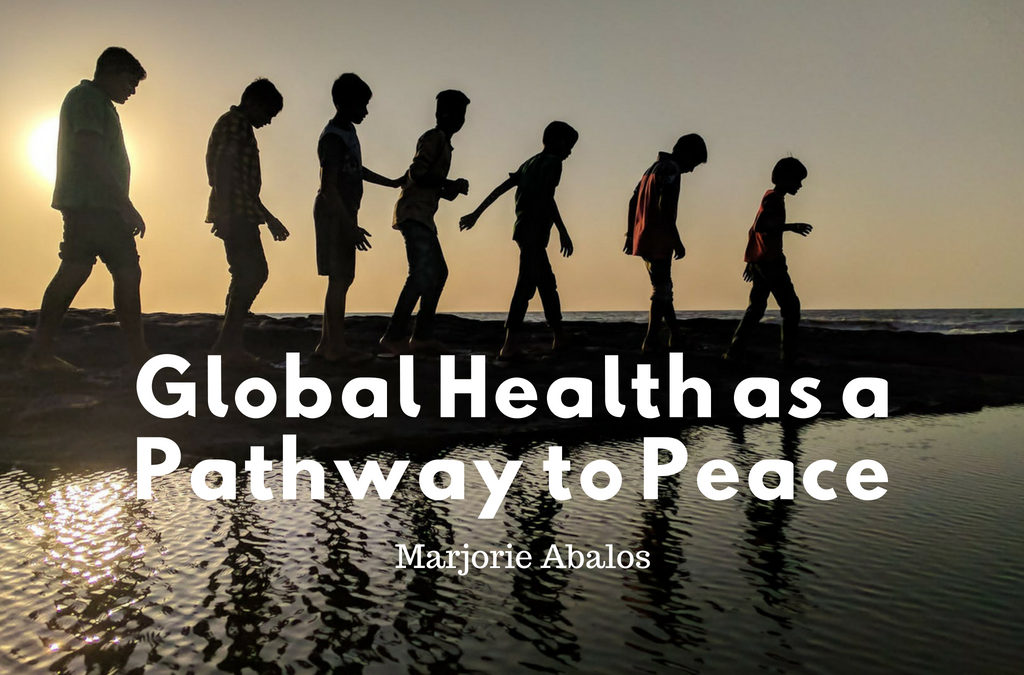Diseases do not care about countries. Regardless of how borders are drawn, there is no way around this fact.
This has been, and still will be, the logic behind global health initiatives in a variety of countries. This was the idea behind the President’s Emergency Plan for AIDS Relief (PEPFAR) of the early 2000s. PEPFAR was dedicated to addressing the epidemic of HIV and AIDS, both of which had proved highly destructive around the world. However, treatments that had been implemented in the United States had not received equal distribution in many African countries.
PEPFAR was a massive commitment to fight a single disease. In the United States, the health industry labored to produce drugs that were then shipped and distributed overseas. Though the plan faced criticism for dedicating a large percentage of its efforts toward prevention rather than treatment, the medicine provided was able to make a sizable impact. In Botswana, the life expectancy improved to 63—from just 39 before. These numbers give a sense of how a single disease, if left unchecked, can devastate a country—and how global health programs can step up to improve lives.
Though PEPFAR was an ambitious undertaking, it accounted for less than 1% of the nation’s budget. And at the moment, many government officials are considering cutting this funding even further. It’s somewhat concerning, particularly given recent deadly outbreaks of Ebola and Zika. History repeats, and another pandemic is bound to happen, no matter how fastidiously countries try to secure their borders. Bill Gates recently warned that a disease could devastate millions at any given time—and when this happens, nobody will be on the sidelines.
Even beyond the immediately obvious benefits of global health, medicine can also provide the means to foster peace abroad. For years, doctors have labored in dangerous areas to help combat disease and notice a surprising trend—where they go, fighting seems to subside. Medical work grants dignity to people. With that comes a desire for understanding and a very real path towards peace.
Such is the appeal behind organizations such as Médecins Sans Frontières(Doctors Without Borders in English), who operate in over 80 countries worldwide with the task of healing without political or national affiliation. Though their work often puts their members in some level of peril, their determination has earned them the respect of many governments that have been unable to provide care. For these efforts, it received the Nobel Peace Prize in 1999.
Dr. James Orbinski, president of the MSF International Council, accepted the award on behalf of the organization. During the ceremony, Dr. Orbinski made a statement about the necessity of humanitarian action to achieve peace.
“Let me say this very clearly: the humanitarian act is the most apolitical of all acts, but if its actions and its morality are taken seriously, it has the most profound of political implications. And the fight against impunity is one of these implications,” Orbinski said.
He stated that, though no individual doctor can stop a genocide, an act of mercy in an otherwise horrific situation goes a long way toward spreading awareness and breaking the silence around some of the world’s most heinous crimes.
As the diversity of these approaches demonstrates, there may not be one superior method to promote medicine as an aid for body and spirit alike. Whether as part of a national initiative or working independently of any government, caring for other countries has the potential to save lives and steer the world away from conflict.

